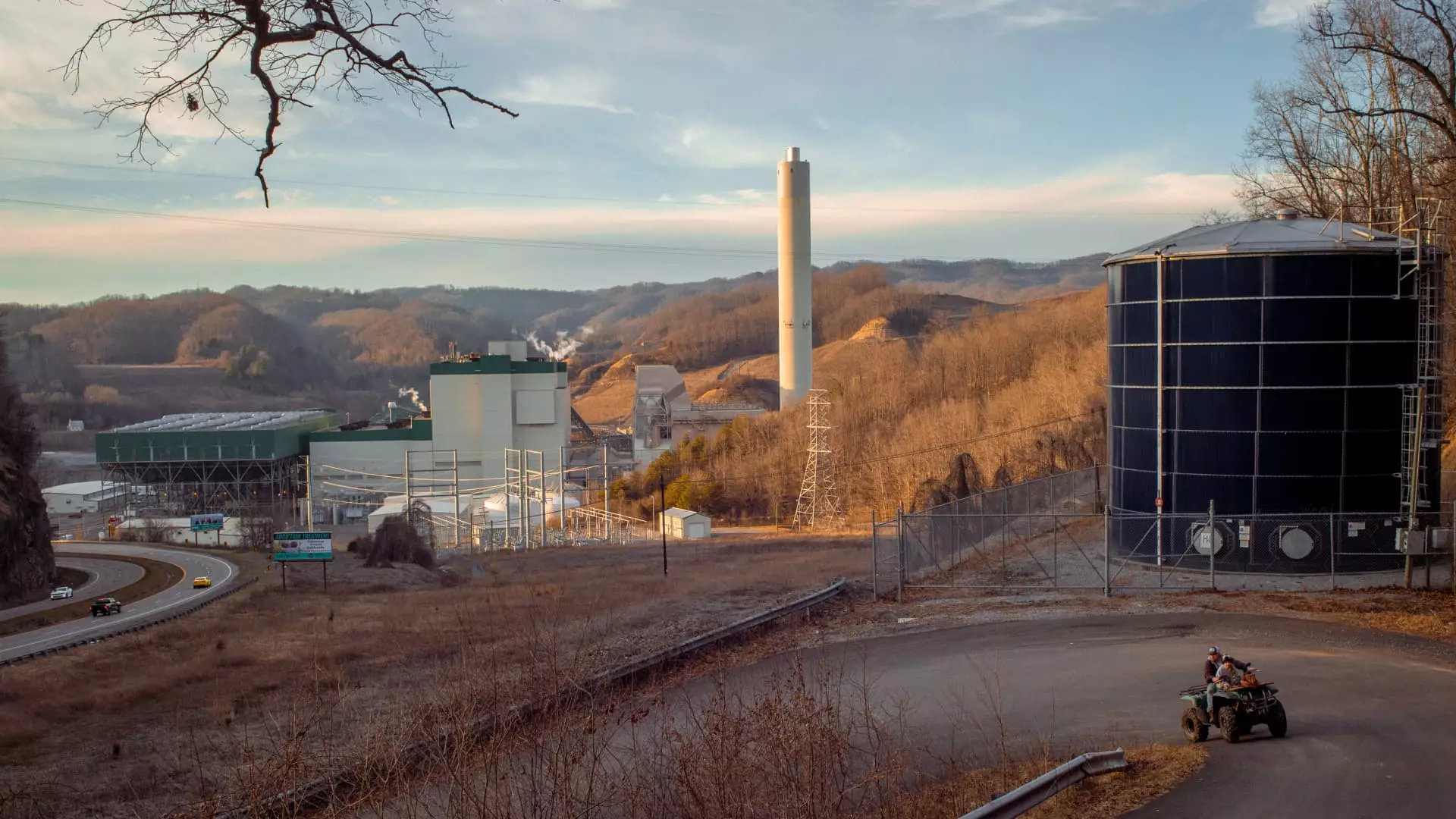The landscape of energy production is rapidly evolving, with a focus on sustainable and reliable power sources. One area that has gained significant attention is the development of small modular reactors (SMRs). These innovative nuclear technology solutions are posited to not only provide a stable energy source but also do so in a carbon-free manner. Dominion Energy, a key player in this shift, has recently entered discussions with notable tech companies to explore the potential of SMRs following a partnership agreement with Amazon. This collaboration may signify a pivotal moment in the acceptance and expansion of nuclear energy within the technological sphere.
In a strategic move to advance the future of nuclear power, Dominion Energy has forged a memorandum of understanding with Amazon. This agreement aims to investigate the feasibility of deploying a small modular reactor adjacent to Dominion’s North Anna nuclear station in Virginia. With an estimated output of 300 megawatts, this initiative reflects Virginia’s supportive stance toward nuclear energy, which benefits from substantial bipartisan backing for next-generation technologies. The partnership could catalyze innovation and foster a collaborative environment among traditional energy sectors and modern tech enterprises.
As the demand for sustainable energy solutions escalates, technology companies are increasingly investing in nuclear power. This trend is largely driven by their need for dependable energy sources to support the burgeoning requirements of artificial intelligence and data centers. Dominion operates in Northern Virginia, home to the world’s largest data center market, making the company’s role vital in meeting these energy demands. Companies like Amazon, Microsoft, and Google are leading the charge by aligning their power procurement strategies with nuclear energy. Their investments indicate a strong belief that nuclear can serve as a carbon-free alternative that meets the rigorous feasibility requirements of contemporary technology infrastructures.
Despite their potential, small modular reactors face several challenges in reaching commercial viability. Currently, there are no operational SMRs in the United States, highlighting regulatory and economic hurdles that have hindered widespread implementation. Proponents assert that SMRs can lower capital expenses and enable quicker deployment compared to traditional large reactors. With easier site selection and simplified manufacturing processes, SMRs could transform the nuclear landscape. However, significant investments and political will are requisite to pave the way for these technologies to flourish.
Dominion Energy’s proactive approach in engaging with tech companies such as Amazon is not only a strategy for growth but a necessity in the current energy transition dialogue. By fostering partnerships, Dominion is positioning itself at the forefront of the nuclear renaissance. Encouraging discussions and collaboration among stakeholders can stimulate innovation and refine nuclear technology. This concerted effort will ultimately determine whether small modular reactors can play a central role in shaping a sustainable energy future, aligning with the urgent needs for climate action and energy reliability. The path forward will require collective effort, ingenuity, and an unwavering commitment to finding solutions in the quest for carbon-free energy.

Leave a Reply